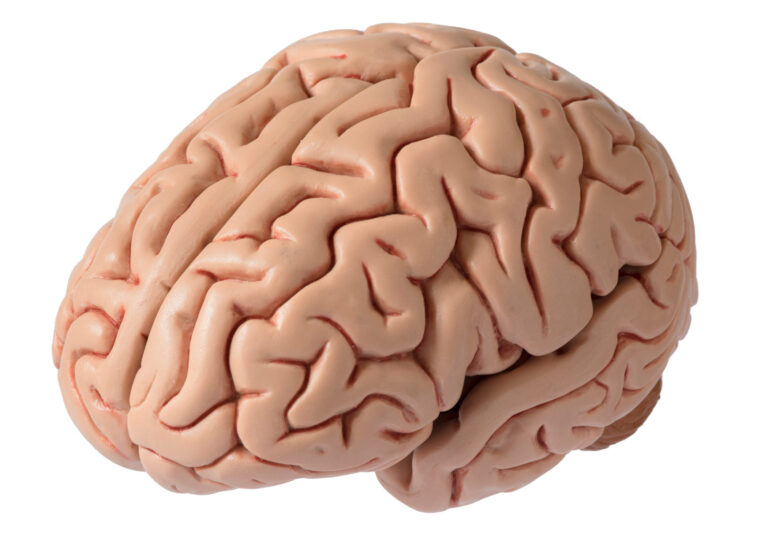Road cycling is a popular sport and recreational activity that involves riding a bicycle on paved roads. It is not only a fun and enjoyable form of exercise, but also has numerous benefits for our cardiovascular and brain health.
Cardiovascular health refers to the health of our heart and blood vessels. It is crucial for our overall wellbeing as it helps to transport oxygen and nutrients throughout our body. Poor cardiovascular health can lead to various health conditions such as heart disease, stroke, and high blood pressure.
On the other hand, brain health refers to the overall function and well-being of our brain. It is responsible for controlling our thoughts, emotions, and actions. Maintaining good brain health is essential for cognitive function, mood regulation, and overall mental well-being.
Road cycling is an excellent way to improve cardiovascular health. When we cycle, our heart rate increases, which in turn strengthens our heart muscle. This increased muscle strength helps to pump blood more efficiently throughout the body. As a result, our blood vessels become more elastic and can carry more oxygen and nutrients to our organs and muscles.
Moreover, regular road cycling can also help to lower blood pressure. High blood pressure, also known as hypertension, is a significant risk factor for heart disease and stroke. Cycling regularly can reduce the risk of developing hypertension by strengthening the heart muscle and improving blood flow.
One of the best benefits of road cycling is its ability to improve our overall endurance and fitness level. When we engage in this activity, we are using many different muscle groups, which results in increased muscle strength and stamina. This increase in physical fitness allows us to perform daily activities with ease and prevents us from getting tired quickly.
Besides the physical benefits, road cycling also has positive effects on our brain health. When we cycle, our brain releases endorphins, which are chemicals that make us feel good. These endorphins help to reduce stress, anxiety, and depression, promoting a positive mood and overall mental well-being.
Furthermore, road cycling can also improve our cognitive function. As we age, our brain’s cognitive ability declines, leading to memory loss and difficulty in problem-solving. Cycling stimulates the growth of new brain cells, improving our cognitive function and preventing age-related decline.
Another significant benefit of road cycling is its impact on our mental health. Regular physical activity, such as cycling, can help to reduce the risk of developing mental health conditions such as depression and anxiety. It also acts as a form of therapy, helping individuals to cope with stress and improve their self-esteem.
Moreover, road cycling is a low-impact exercise, which means it puts less stress on our joints compared to other forms of physical activity such as running. This makes it an ideal exercise for people of all ages, including those with joint problems or injuries.
In addition to the physical and mental health benefits, road cycling also has social benefits. It is a great way to connect with others who share the same interest and passion for cycling. Joining a cycling group or club can provide a sense of community and motivation to keep going.
To achieve maximum benefits from road cycling, it is essential to follow safety guidelines and wear proper gear, including a helmet and reflective clothing. It is also crucial to start slowly and gradually increase intensity and distance to prevent injuries.
In conclusion, road cycling is not only a fun and enjoyable activity, but it also has numerous benefits for our cardiovascular and brain health. It strengthens our heart muscle, lowers blood pressure, improves endurance and fitness, promotes positive mood and mental well-being, and has social benefits. So why not grab a bicycle and hit the road for a healthier mind and body!




